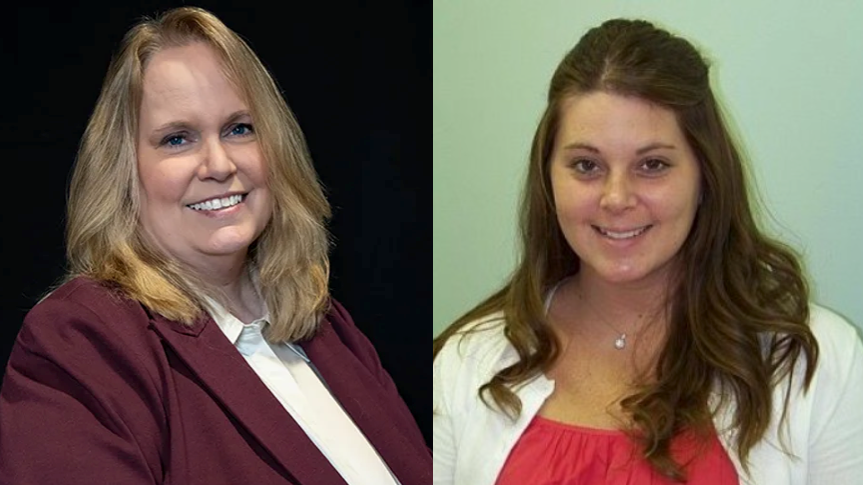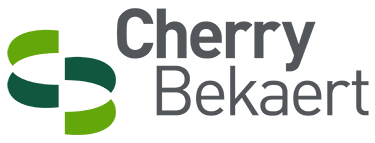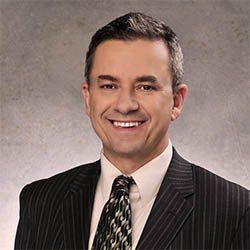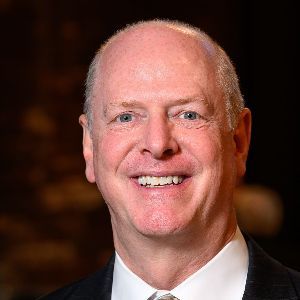Do new finance graduates have what it takes to succeed?
A new survey raises some eyebrows

You may be hiring recent graduates just beginning professional careers in accountancy or finance. Do they have the training and skills needed to achieve success at your company?
Two professional groups -- the American Accounting Association and the Association to Advance Collegiate Schools of Business – looked at the landscape and offered their observations in a joint report titled, “Key Skills Accountancy Students are Lacking When They Enter the Profession.”
Through focus groups with representatives of accounting firms and corporations, the survey identified a number of weaknesses holding back new employees:
Business knowledge. Graduates are weak in their knowledge of how a business works, according to the feedback. College business programs include courses in management, economics, marketing, information technology, finance, and accounting. Those courses address specific parts of a business, but not necessarily the integrated whole. Many courses do relate to overall operations of a business (managerial accounting, for example), but still don’t give students (and ultimately graduates) the general understanding they need. Internships are an important answer to this issue, but an internship may still be focused on a particular aspect of a single business. The very basic question that graduates need to understand is this: How does the business make money?
Related to business knowledge are other weaknesses: identifying and assessing risk; evaluating risks and controlling/mitigating them; natural curiosity to ask questions about anomalies identified by analytics. “Critical thinking skills” is a widely used term in academia to describe the root skill a graduate needs to be successful.
Intellectual curiosity and life-long learning. Graduates need a great intellectual curiosity – why are things the way they are? Why is spending on R&D increasing, but revenue is not? Why are we losing employees? In an audit situation, why am I testing an internal control? Graduates need to be better at asking questions (and creating those questions). The report notes that graduates can identify issues, but do not understand the impact. They can look things up in the Internal Revenue Code and the Accounting Standards Codification but struggle to apply what they learn to the circumstances at hand.
Communicating Effectively. We all needed to work on this when we were new graduates, right? It hasn’t gone away. Graduates must be able to effectively communicate data, clearly and concisely, and with context for the audience (management, their team, customers). This isn’t only a writing and speaking skill, but also interpersonal skills and the confidence to speak up and speak out, to ask and answer questions. Presenting PowerPoint slides is good but being able discuss those slides and manage group discussion, to stop and listen to others is critically important. Having the confidence to deliver a difficult message, and not being afraid to be wrong about something (so long as it becomes a learning opportunity!). Finance and accounting majors need to be able to talk to marketing, IT, and others.
Writing, they said, is a major weakness. According to one focus group participant: “Spelling and grammar were nonexistent.” “LOL” to that comment!
Managing Time. Here’s another one we all needed to work on as new graduates. The study found that graduates often have a checklist mentality -- tell me what to do and I will do it. They need help learning to prioritize and organize their workload and manage distractions. Even professionals face this problem. Other suggestions: Don’t be afraid to make mistakes. Embrace change, don’t fear it.
Adapting to new technology. Being proficient at Excel is great, but …. Graduates need a strong fundamental knowledge of technology – databases, semi-structured data, the Cloud. Graduates need the skills and mindset to not only adapt to new technology, but also to apply new technology to their work and to their organization. Artificial intelligence is an excellent more recent example. It isn’t new, but it is exploding. How can I use AI to make me more efficient? How can AI make my team more efficient and more productive? This goes back to the curiosity weakness. We need graduates who will spend some time away from work learning about these new technologies and thinking about how to apply them.
How can we make sense of this?
Overall, the work world needs graduates who are well-rounded (know more than debits and credits), can easily and readily adapt to change, and are not afraid of making mistakes. Graduates need to be more generalist than specialist at that stage of their careers.
What can you do?
If you hire interns, make sure they have an opportunity to see the “big picture” as part of their time with your organization. (And if you don’t hire interns, think about doing that as a service to the next generation of CFOs, controllers, treasurers.)
Make sure you provide opportunities for your new graduates to make mistakes (and of course learn from those mistakes). Discuss these areas for improvement with your new graduates so that they are aware of what you expect.
I’ll close with my favorite personal experience of making mistakes. I made one. Our debt covenant compliance calculations had an error (we were still in compliance and likely no one would have noticed the error). My boss, the controller, was out of the office at the time. When he returned, I told him about it. He, in turn, informed the CFO. The CFO’s comment was, “If they can’t do this, we’ll find someone who can.”
Comments like that -- delivered indirectly -- can cause people to NOT report errors in the future. Don’t be like that CFO.
If you would like to read the full report (it isn’t long), go here: https://shorturl.at/wKM04
Bill Stout, PhD, CPA, is a director on the FEI Louisville board. He retired as associate professor from the University of Louisville's College of Business.
More FEI Louisville News












